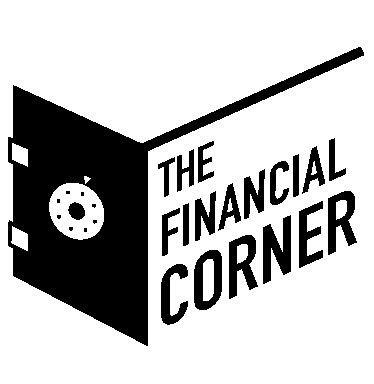How your summer job can boost your fall experience

June 2, 2023
Summer brings brighter days, warmer temps and the smell of freshly cut, green grass. Why not add some green to your bank account this sunny season with a summer job?
Finding your ideal summer job
Options abound when it comes to summer jobs. Plus, it’s only temporary, so it’s a good chance to try out different work.
Check out your school’s job board for potential gigs or brainstorm a list of places you like to hang out that might be fun to work at. Summer camps, outdoor pools, country clubs, retail stores, restaurants and outdoor/recreational services are always good spots to find seasonal work.
Use this as a practice opportunity
Summer jobs let you practice important work-ready skills like creating a resume, negotiating salary/hours/benefits, and working with a team. Treat your summer job like you would any other employment opportunity; you’ll likely be using it as a reference when you apply for positions after graduation.
How to spend your summer income
Did you really think we were going to encourage you to spend your summer income? Sure, we have a few suggestions on spending your summer income:
- Your fixed expenses (rent, car payment, etc.)
- Pay down your debt (start decreasing that high-interest credit card balance!)
While we don’t advise a shopping spree, you should keep some of your income for discretionary spending, aka the fun stuff. You’ve earned it, so you deserve to treat yo’ self once in a while.
Think ahead to fall
We get it — you don’t want to think about being back in class just yet. But it’s good to be mindful of upcoming expenses in the new semester:
- Tuition
- Books
- Rent
- Meals
While you may already be paying for some of these costs if you’re living on campus, now is a great time to start saving what you can to help lighten the load come fall. Designate a savings account specifically for your upcoming school purchases.
Speaking of savings
If you’ve covered all of the above and still have cash left, get it into a savings account and make your money work for you.
You have several options when it comes to saving your hard-earned dollars; it all comes down to how much money and time you have.
- Traditional savings accounts are a popular choice since they often have a very low (or no) minimum balance requirement and allow you to access your money at any time. The downside: the interest rate (money you earn for keeping your money in the credit union) is typically low.
- Money markets are a nice option if you have enough to for the minimum deposit requirements, which are usually a little higher than traditional savings accounts. The interest you earn is typically higher, and you still have access to that cash when you absolutely need it.
- If you’re certain you won’t need that money in the near future, certificates of deposit (CDs) often earn the highest interest rate. However, there is usually a higher minimum balance requirement and you agree to leave your money in the account for a certain term (one to five years). If you need to access your money before the CD term is over, you may pay an early withdrawal penalty.
Making the most of your summer job
Summer is for getting outside, playing more and making memories. It’s also a good time to make some extra cash to help with expenses (present and future) and to save for future memories.













